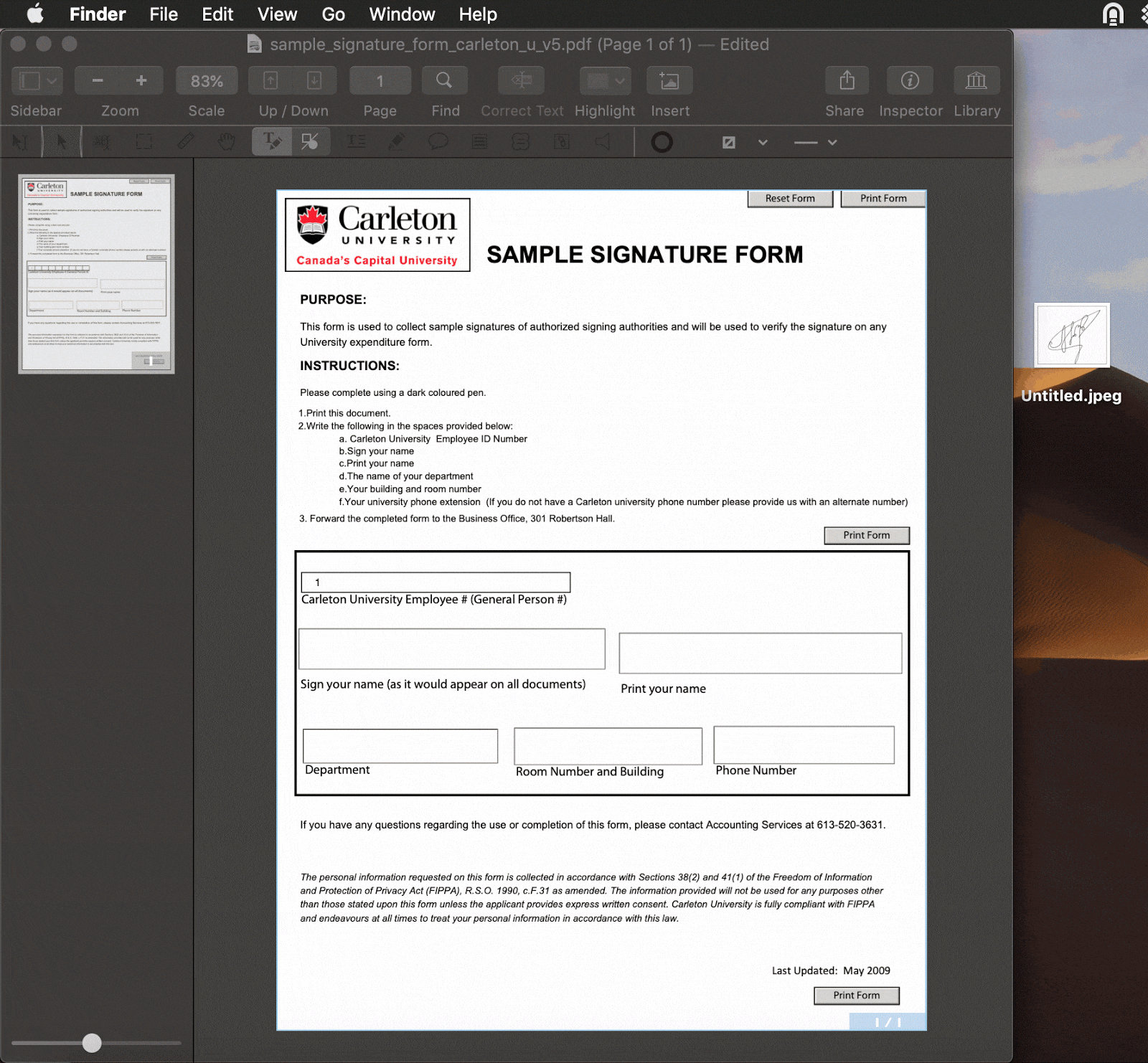

Nearly 7.25 percent of the text was redacted, according to news website Vox.īarr and his staff apparently scanned a printed copy of the report redacted it, and then printed and scanned it again to create a new digital copy, according to analysis by Duff Johnson on the PDF Association website. Much of the two-volume, 448-page "Report On The Investigation Into Russian Interference In The 2016 Presidential Election" was blacked out by then-U.S. Let's take the Mueller Report, for instance.
#Redacted email meaning how to
(This ABA Journal article also offers tips on how to safely redact information from PDF files using the Adobe Acrobat Pro program.)īut regardless of what technology is used, Lawson said it's necessary to go through documents individually and figure out what to mask. According to Lawson, these days attorneys involved in big corporate lawsuits often use e-discovery platforms, which allow them to manage massive amounts of documents and contain tools for redacting portions.
#Redacted email meaning software
In the mid-2000s, as more and more documents began to be distributed in electronic form, both the government and private-sector law firms started shifting to redacting the digital files themselves, using software tools. For years, attorneys and government officials often simply used black markers to conceal sensitive portions of documents, which then were photocopied so that someone couldn't hold the paper up to the light and read the censored words. One of the odd things about redaction is that while there are rules about what should be redacted, there aren't really a lot of hard-and-fast rules about how to block out that material. As she told us when we interviewed her in 2019, other redactions are required by the courts themselves, to protect personal information such as Social Security numbers from misuse. Those deletions occur in order to protect attorney-client privilege, attorneys' work product for clients, commercially sensitive information, and information not relevant to the litigation, according to Sara Alpert Lawson, a Tampa-based attorney who specializes in complex civil litigation, white-collar criminal defense and government investigations.

In the legal world, attorneys routinely redact portions of documents that must be turned over during the discovery process in civil lawsuits. (The book was published with blank spaces showing the location of the redacted passages.)ĭecades later, documents obtained using the Freedom of Information Act still are sometimes riddled with blank squares over faces in photographs and black bars over words and sentences, and sometimes entire pages, as the FOIA website details.īut its not just the government. Marks sought to publish a book on the agency in the early 1970s, government censors, who had the authority to review the book under Marchetti's employment contract, redacted 168 passages from the text, as Marchetti's New York Times obituary details. When former CIA employee Victor Marchetti and co-author John D. Redacting has long been a part of government-imposed secrecy.

But attorneys, journalists and historical researchers are accustomed to blacked-out spaces on documents as a consequence of dealing with sensitive subjects. It's a phenomenon that most ordinary Americans probably are unfamiliar with. Welcome to the arcane, secretive subculture of redaction, which is the practice of removing or concealing portions of documents before publication. 18, 2022, that portions of the affidavit could be released, with stipulations. Justice Department objected to the release of the affidavit, saying it would compromise their investigation. Affidavits often contain information about what evidence law enforcement thinks is at a property, and other facts, including witnesses who may have provided testimony. And attorneys for several media outlets, including The Associated Press, The New York Times, The Washington Post and The Wall Street Journal, argued in court for the release of the affidavit supporting the warrant. Given the unprecedented nature of searching a former president's home, there was been an unusual amount of transparency surrounding the warrant. § 1519: Destruction, alteration, or falsification of records in federal investigations and bankruptcy, which carries a penalty of up to 20 years in prison ( obstruction of justice). § 2071: Concealment, removal or mutilation generally, which carries a penalty of up to three years in prison and disqualification from holding office ( concealing of public records).

§ 793: Gathering, transmitting or losing defense information, which carries a penalty of up to 10 years in prison ( violation of the espionage act).


 0 kommentar(er)
0 kommentar(er)
